Description
Celestamine Syrup 60Ml
Description :
Tablet: Each Betamethasone/Dexchlorphenamine Maleate (CELESTAMINE) Tablet contains 250 mcg Betamethasone, a synthetic derivative of prednisolone, and 2 mg Dexchlorphenamine Maleate.
Excipients/Inactive Ingredients: Cornstarch, lactose, dye FD & C red #3, gelatin and magnesium stearate.
Syrup: Each teaspoonful (5 mL) of Betamethasone/Dexchlorphenamine Maleate (CELESTAMINE) Syrup is equivalent to one Betamethasone/Dexchlorphenamine Maleate (CELESTAMINE) Tablet.
Excipients/Inactive Ingredients: Sucrose, sorbitol, propylene glycol, sodium benzoate, citric acid, sodium chloride, dye FD & C yellow #6, imitation strawberry flavor and purified water.
Indications / Uses :
Betamethasone/Dexchlorphenamine Maleate (CELESTAMINE) Tablet and Syrup are recommended in the treatment of difficult cases of respiratory, dermatologic and ocular allergies, as well as ocular inflammatory disorders, where adjunctive systemic corticosteroid therapy is indicated.
Representative conditions include severe hay fever (pollenosis), severe bronchial asthma, perennial allergic rhinitis, atopic dermatitis (eczema), contact dermatitis, drug reactions, and serum sickness.
Inflammatory ocular disorders include allergic conjunctivitis, keratitis, non-granulomatous iritis, iridocyclitis, choroiditis, chorioretinitis, and uveitis.
Betamethasone/Dexchlorphenamine Maleate (CELESTAMINE) Tablets and Syrup control the exudative and inflammatory aspects of ocular diseases, thus helping to preserve the functional integrity of the eye while allowing treatment of the specific infection or other cause with appropriate therapy.
Administration :
Should be taken with food: Take after meals & at bedtime.
Contraindications :
Betamethasone/Dexchlorphenamine Maleate (CELESTAMINE) products are contraindicated in patients with systemic fungal infections, newborn and premature infants, patients receiving MAO inhibitor therapy and in those who have shown hypersensitivity or idiosyncrasy to any component of these products or drugs of similar chemical structures.
Special Precautions :
Betamethasone: Dosage adjustments may be required with remission or exacerbation of the disease process, the patient’s individual response to therapy and exposure of the patient to emotional or physical stress such as serious infection, surgery or injury. Monitoring may be necessary for up to one year following cessation of long-term or high-dose corticosteroid therapy.
The lowest possible dose of corticosteroid should be used to control the condition under treatment. A gradual dosage reduction is recommended.
Corticosteroid effect is enhanced in patients with hypothyroidism or in those with cirrhosis.
Cautious use of corticosteroids is advised in patients with ocular herpes simplex because of possible corneal perforation.
Psychic derangements may appear with corticosteroid therapy. Existing emotional instability or psychotic tendencies may be aggravated by corticosteroids.
Corticosteroids should be used with caution in: Nonspecific ulcerative colitis, if there is a probability of impending perforation, abscess, or other pyogenic infection; diverticulitis; fresh intestinal anastomoses; active or latent peptic ulcer, renal insufficiency, hypertension, osteoporosis, and myasthenia gravis.
Since complications of glucocorticoid treatment are dependent on dosage and duration of treatment, a risk/benefit decision must be made with each patient.
Corticosteroids may mask some signs of infection, and new infections may appear during use. When corticosteroids are used, decreased resistance and inability to localize infection may occur.
Prolonged corticosteroid use may produce posterior subcapsular cataracts (especially in children), glaucoma with possible damage to the optic nerves, and may enhance secondary ocular infections due to fungi or viruses.
Average and large doses of corticosteroids can cause elevation of blood pressure, salt and water retention, and increased excretion of potassium. These effects are less likely to occur with the synthetic derivatives except when used in large doses. Dietary salt restriction and potassium supplementation may be considered. All corticosteroids increase calcium excretion.
While on corticosteroid therapy patients should not be vaccinated against smallpox. Other immunization procedures should not be undertaken in patients receiving corticosteroids, especially high doses, because of possible hazards of neurological complications and lack of antibody response.
Patients who are on immunosuppressant doses of corticosteroids should be warned to avoid exposure to chicken pox or measles, and if exposed, to obtain medical advice. This is of particular importance in children.
Corticosteroid therapy in active tuberculosis should be restricted to those cases of fulminating or disseminated tuberculosis in which the corticosteroid is used in conjunction with an appropriate antituberculous regimen.
If corticosteroids are indicated in patients with latent tuberculosis, close observation is necessary since reactivation of the disease may occur. During prolonged corticosteroid therapy, patients should receive chemoprophylaxis.
Growth and development of children on prolonged corticosteroid therapy should be followed carefully, since corticosteroid administration can disturb growth rates and inhibit endogenous corticosteroid production in these patients.
Corticosteroid therapy may alter the motility and number of spermatozoa.
Dexchlorpheniramine Maleate: Betamethasone/Dexchlorphenamine Maleate (CELESTAMINE) products should be used with caution in patients with narrow angle glaucoma, stenosing peptic ulcer, pyloroduodenal obstruction, prostatic hypertrophy or bladder neck obstruction, cardiovascular disease including hypertension, in those with increased intraocular pressure or hyperthyroidism.
Patients should be warned about engaging in activities requiring mental alertness, such as driving a car or operating appliances, machinery, etc.
Conventional antihistamines may cause dizziness, sedation, and hypotension in patients over 60 years of age.
Use in Children: Safety and effectiveness of Betamethasone/Dexchlorphenamine Maleate (CELESTAMINE) products have not been established in children under 2 years of age.
Use in Elderly: Conventional antihistamines may cause dizziness, sedation, and hypotension in patients over 60 years of age.

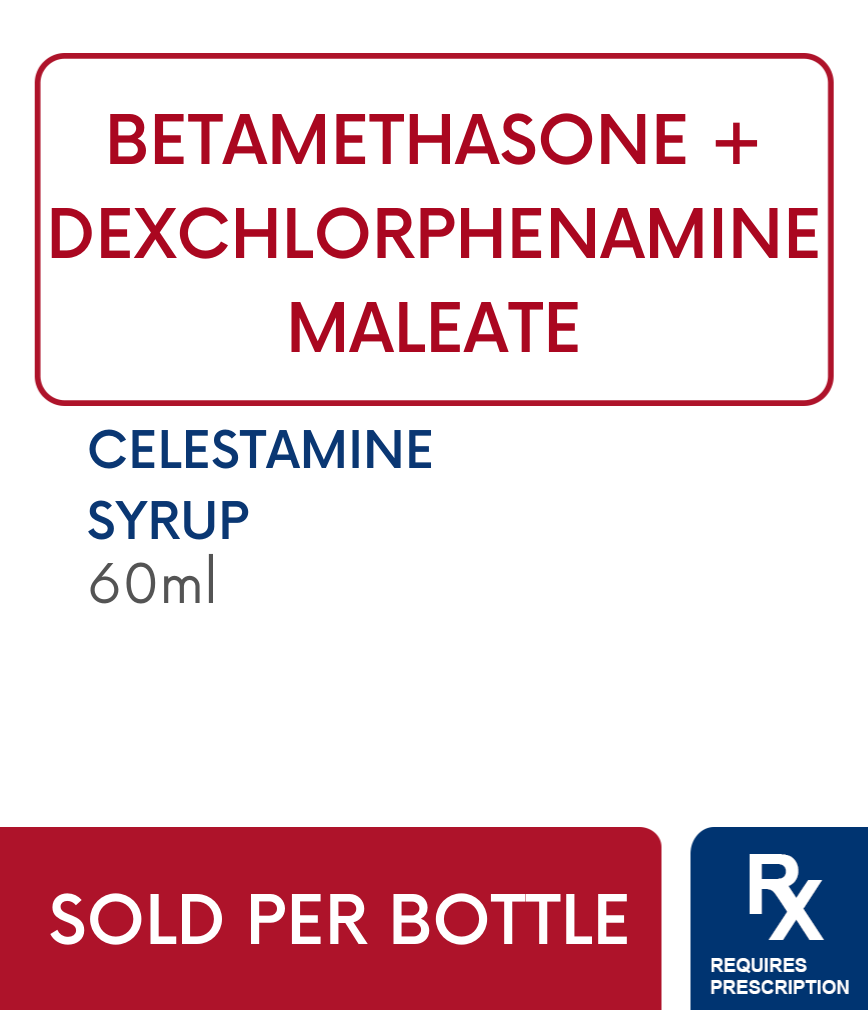
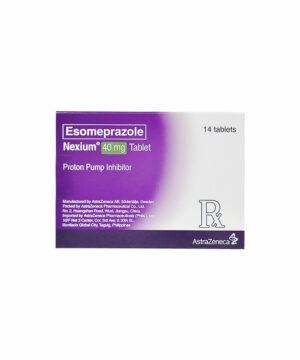




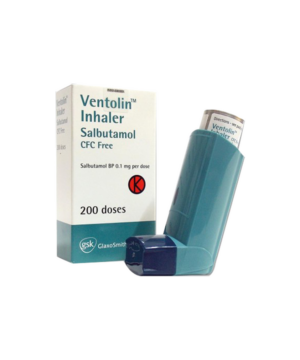
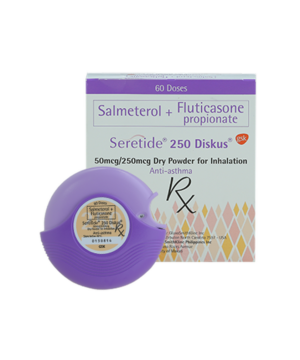
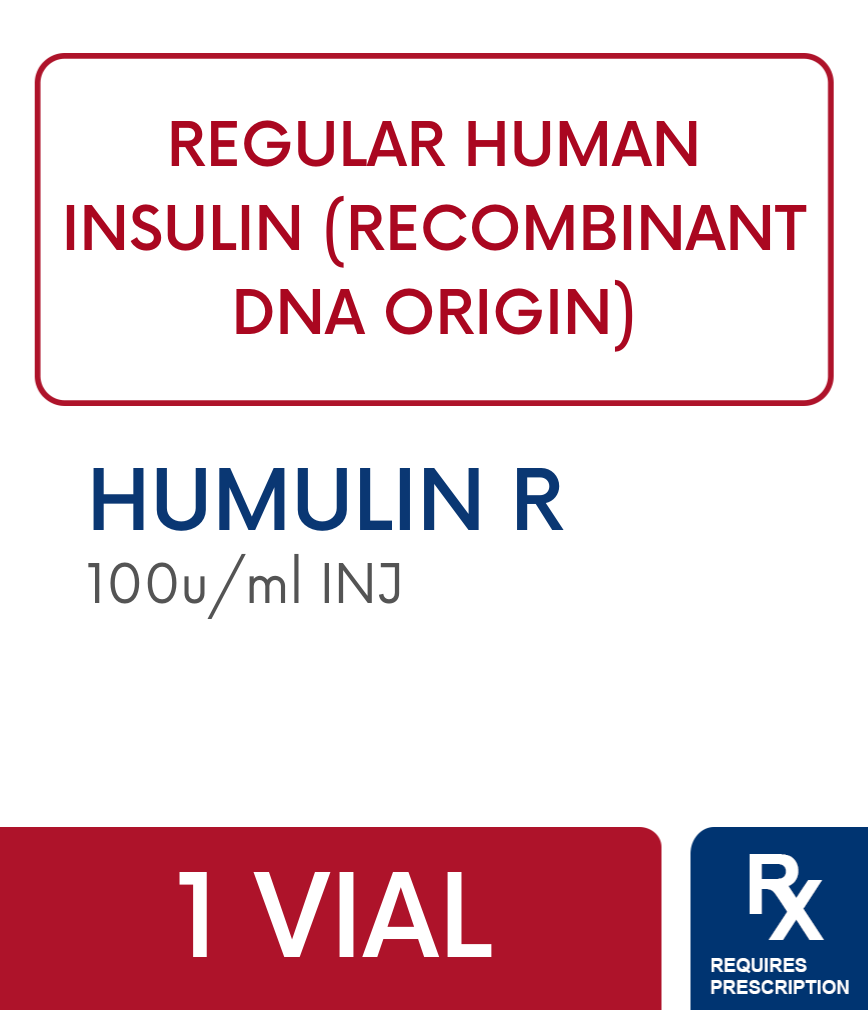



Reviews
There are no reviews yet.